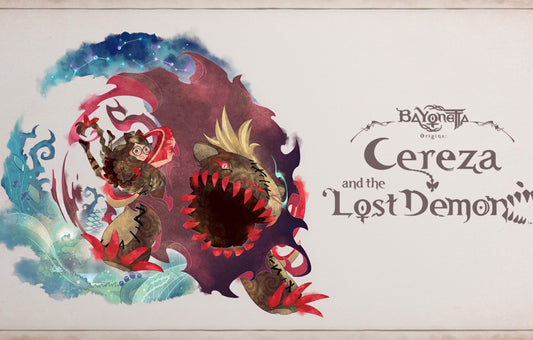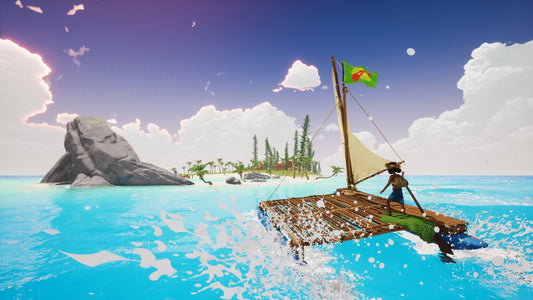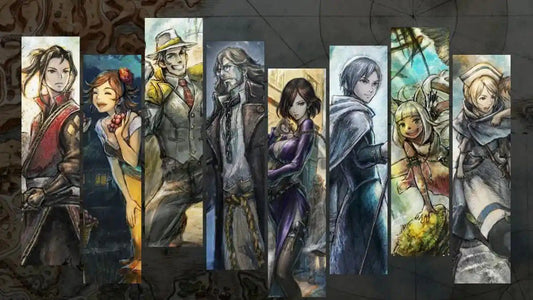Video games are a major form of entertainment, with millions of people playing them every day. Behind every video game is a team of skilled developers who spend countless hours creating immersive and engaging experiences. In this interview, we speak with a video game developer to gain insight into their world and learn more about the development process.
Q: Can you tell us a little about yourself and your role as a video game developer?
A: Sure! My name is Sarah and I’ve been working as a video game developer for about five years. I’m currently a game designer at a medium-sized game development studio. My role involves collaborating with other team members, such as artists and programmers, to create the game’s mechanics, levels, and overall user experience.
Q: What inspired you to become a video game developer?
A: As a child, I was always fascinated by video games and spent hours playing them. As I got older, I became interested in the creative process behind them and the work that goes into bringing a game to life. I also love the idea of being able to create experiences that people can enjoy and immerse themselves in.
Q: Can you take us through the development process of creating a video game?
A: Sure, the development process of creating a video game is a long and complex one. It typically begins with the concept and planning phase, where the game’s overall vision and design are established. This involves deciding on the game’s mechanics, characters, levels, and storyline.
After that, the development team moves on to the pre-production phase, where they create a prototype of the game. This allows them to test out different ideas and mechanics and make any necessary changes before moving on to the full production phase.
The full production phase is where the bulk of the work takes place. The team creates all the necessary assets, such as art and sound, and begins to build out the levels and gameplay mechanics. This phase can take anywhere from several months to several years, depending on the size and scope of the game.
Once the game is complete, it moves on to the testing phase, where it is thoroughly tested for bugs and issues. After that, the game is released to the public and the team begins working on any necessary updates and patches.
Q: What do you think makes a great video game?
A: A great video game is one that is both immersive and engaging. It should have an interesting storyline, compelling characters, and challenging gameplay mechanics. The game should also be visually appealing and have high-quality sound effects and music.
Q: What challenges do video game developers face?
A: Video game developers face a number of challenges, including tight deadlines, limited budgets, and constantly evolving technology. Additionally, the gaming industry is highly competitive, with many companies vying for consumer attention.
Q: What advice would you give to someone who wants to become a video game developer?
A: My advice to someone who wants to become a video game developer would be to focus on building a strong foundation in computer science and programming. It’s also important to have a strong understanding of game design and mechanics, as well as a passion for gaming. Finally, I would encourage aspiring developers to work on personal projects and build up a portfolio to showcase their skills.
In conclusion, video game development is a challenging but rewarding field that requires a combination of technical skills and creativity. With the continued growth of the gaming industry, there will likely be a high demand for skilled game developers in the years to come.





